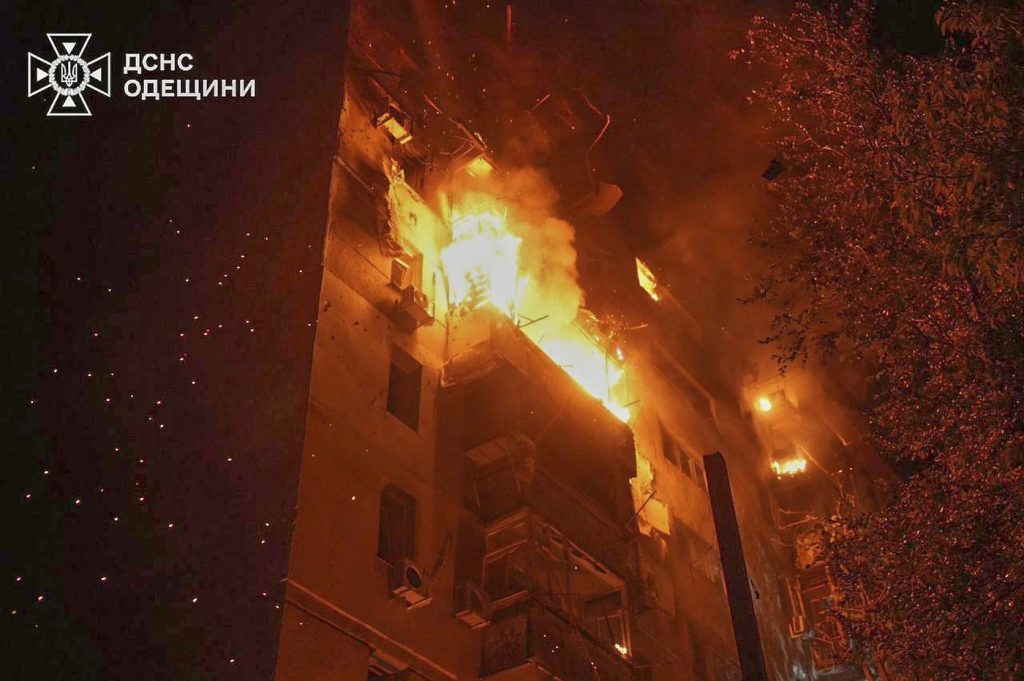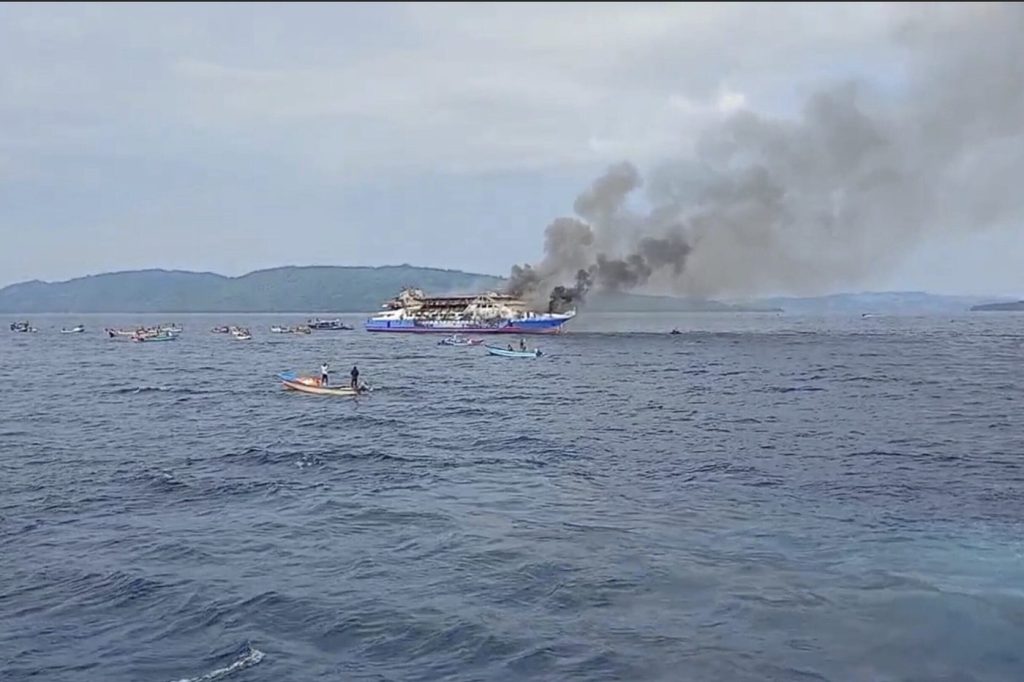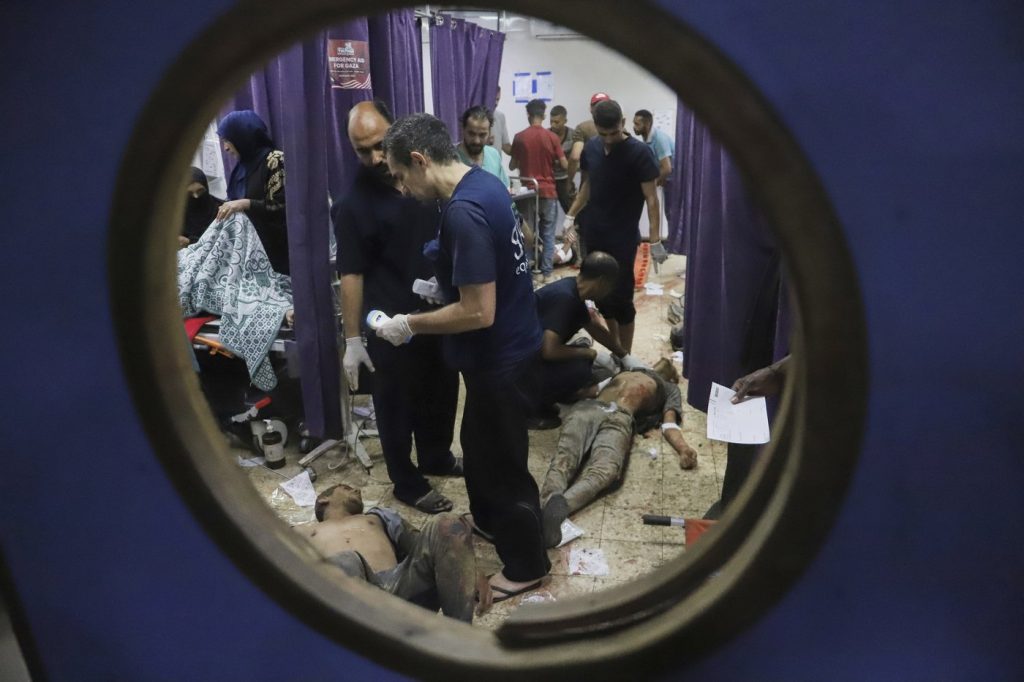On Saturday, Russia launched a massive aerial assault on Ukraine, utilizing hundreds of drones and over 30 cruise missiles. This offensive resulted in the death of at least one individual in the Black Sea port city of Odesa and is part of a broader escalation in the ongoing conflict, now exceeding three years.
Ukrainian President Volodymyr Zelenskyy reported via X that more than 300 drones were fired at various targets across Ukraine. Odesa faced a particularly severe barrage, with the city being struck by over 20 drones and a missile. According to Odesa's Mayor Hennadii Trukhanov, fire erupted in a residential high-rise during the attacks, leading to five successful rescues from the building.
In addition to the one confirmed fatality, the assault on Odesa wounded six others, including a child. The attacks were not limited to Odesa; critical infrastructure in Ukraine’s northeastern Sumy region was also reportedly damaged as a result of the strikes.
Zelenskyy expressed gratitude toward international leaders who recognize the urgency of implementing agreements aimed at enhancing Ukraine's defense capabilities. This includes initiatives for joint weapons production, drone manufacturing, and the provision of air defense systems to bolster Ukraine's military efforts against the ongoing aggression.
Russia's long-range attack strategy has intensified, with officials noting that Russia is now capable of deploying more drones in a single night than it did during entire months in 2024. Analysts predict that these drone barrages will only increase. A notable incident on July 8 saw Russia unleash over 700 drones, marking a record high for drone usage in their military operations.
The Russian Defense Ministry stated that it successfully shot down 71 Ukrainian drones during the overnight operations. Moscow Mayor Sergei Sobyanin confirmed that 13 drones were intercepted as they approached the capital city of Moscow.
In another development, Ukraine's Foreign Minister Andrii Sybiha accused Russia of deporting Ukrainian citizens to Georgia, leaving many stranded without adequate identification. He provided details of the situation, stating that the practice of expelling Ukrainians—many of whom are former prisoners—across the southern border into Georgia has escalated, rather than returning them directly to Ukraine.
Sybiha highlighted the predicament in which dozens of individuals now find themselves, many lacking proper documentation and trapped in a transit zone. As of yet, there has been no official response from Moscow regarding these allegations.
For continued updates on the war in Ukraine and related developments, additional information can be accessed through dedicated news sources.












